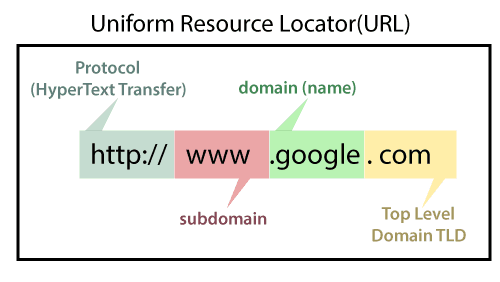Understanding the Meaning of Domain for Website
When it comes to creating a website, one of the key terms that you will come across is a “domain.” But what exactly does it mean? In the simplest of terms, a domain is the address of your website on the internet. Just like your house has a physical address, your website needs a domain name for people to find it online.
Think of the domain as the online identity of your website. It is what users will type into their browsers to access your site. Without a domain, your website would be like a lost ship at sea, with no way for people to reach it.
Domains are made up of two main parts – the domain name and the domain extension. The domain name is the unique name that you choose for your website, such as “example,” and the domain extension is the ending that follows it, such as “.com” or “.org.”
Choosing the right domain name is crucial for the success of your website. It should be easy to remember, relevant to your brand or business, and preferably short. A domain that is catchy and memorable will make it easier for people to recall and revisit your site.
There are various types of domain extensions available, each serving a different purpose. The most common one is “.com,” which is used for commercial websites. Other popular extensions include “.org” for organizations, “.net” for networking sites, and “.edu” for educational institutions.
When choosing a domain for your website, it is important to consider not only the name but also the extension. The right combination can help establish credibility and trust with your audience. For example, if you are running a non-profit organization, using a “.org” extension can signal to users that you are a legitimate and trustworthy entity.
Additionally, it is essential to check the availability of the domain name that you want. With millions of websites already in existence, there is a chance that someone else may have already registered the name you desire. To avoid any conflicts, it is recommended to conduct a thorough search before finalizing your domain choice.
Once you have selected a domain name and extension, you will need to register it with a domain registrar. This process involves paying a fee to claim ownership of the domain for a set period, usually one year. Afterward, you can renew the registration to continue using the domain for your website.
Overall, the domain is a vital component of your website’s online presence. It serves as the gateway for users to access your content and interact with your brand. By understanding the meaning of the domain and choosing the right one for your website, you can set yourself up for success in the competitive world of the internet.
